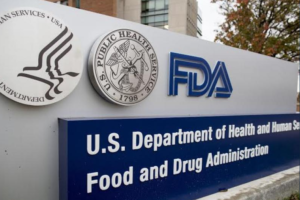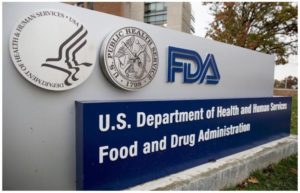- Gottlieb Proposes Modernization of Drug Review Office (biopharminternational.com)
...FDA Commissioner Scott Gottlieb, MD, announced that the Center for Drug Evaluation and Research would be taking steps to modernize the organization and functions of the Office of New Drugs in order to address scientific and medical advances within the industry. The goal is to make the review process more integrated across science and regulatory expertise. Janet Woodcock, director of CDER, plans on elevating the role of FDA scientists and medical officers and providing these officers with more tools and support “to advance the clinical and regulatory principles that the FDA uses to evaluate new drugs for safety and efficacy.”...Other changes will include the development of guidance documents, giving review staff more time with sponsors, and getting sponsors involved earlier in the development process. Engaging disease specialists, academic researchers, regulatory partners at other agencies, and patient groups is also a goal of CDER.
- FDA Details Plans for More Efficient Inspections, Facility Evaluations
The US Food and Drug Administration's Center for Drug Evaluation and Research and Office of Regulatory Affairs will soon launch an effort to streamline the two offices' inspection and facility evaluation efforts...CDER Director Janet Woodcock and Associate Commissioner for Regulatory Affairs Melinda Plaisier said it is vital that the two offices quickly implement the plan in order to meet commitments under the recently reauthorized user fee agreements, specifically citing the agency's promise to communicate final inspection classifications to generic drugmakers within 90 days of an inspection beginning in October 2018...We plan to operationalize the plan in the fall of 2017 for nearly all human drugs...FDA details the plan—which includes specific operating models for pre- and post-approval inspections, surveillance inspections and for-cause inspections—in a 20-page white paper obtained by Focus entitled Integration of FDA Facility Evaluation and Inspection Program for Human Drugs: A Concept of Operations...
- FDA Says Real-World Evidence Could Generate ‘Incorrect or Unreliable Conclusions’ (raps.org)
...top Food and Drug Administration officials published an article in the New England Journal of Medicine (Real-World Evidence — What Is It and What Can It Tell Us? )...calling into question some of the potential uses of real-world evidence but also acknowledging that real world research and the concepts of a planned intervention and randomization “are entirely compatible."...while acknowledging that such (real-world) evidence “can inform therapeutic development, outcomes research, patient care, research on health care systems, quality improvement, safety surveillance, and well-controlled effectiveness studies,” the authors caution that “the confluence of large data sets of uncertain quality and provenance, the facile analytic tools that can be used by nonexperts, and a shortage of researchers with adequate methodologic savvy could result in poorly conceived study and analytic designs that generate incorrect or unreliable conclusions...“Accordingly, if we are to realize the full promise of such evidence, we must be clear about what it is and how it can be used most effectively, and we must have appropriate expectations about what it can tell us,”...



